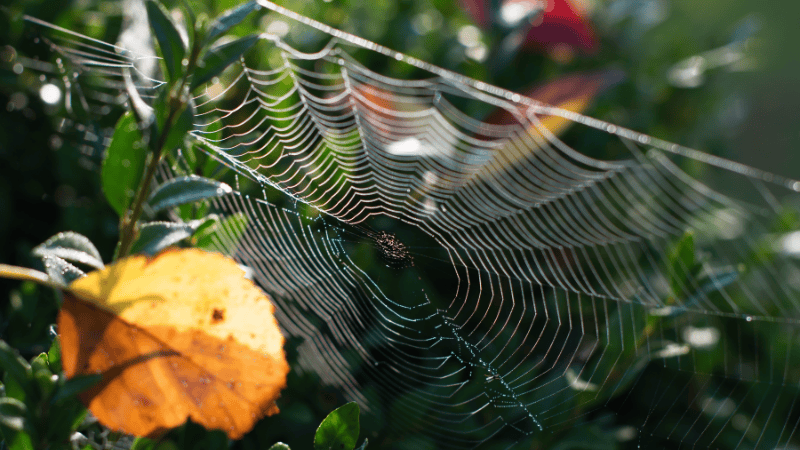What is World Mosquito Day?

Once upon a time -- 124 years ago, to be exact -- British physician and Noble Prize winner, Sir Ronald Ross, made a critical discovery in defense of human health around the world.On August 20, 1897, Ross discovered that female mosquitoes could transmit malaria to humans: "While dissecting the stomach tissue of an anopheline mosquito fed four days previously on a malarious patient, he found the malaria parasite and went on to prove the role of Anopheles mosquitoes in the transmission of malaria parasites in humans."His invaluable insight paved the way for a greater understanding of the disease and effectively preventing and treating it.To this day, "Malaria is a preventable and treatable infectious disease transmitted by mosquitoes that kills more than one million people each year, most of them in sub-Saharan Africa, where malaria is the leading cause of death for children under five."While malaria is now considered rare in New England, this region historically suffered malaria outbreaks and challenged physicians at that time to determine a reason for it. Dr. J.F. Adams was one such doctor who, in 1881, shared his observations, regarding malaria cases, with the American Public Health Association.He noted that the areas which suffered malaria outbreaks were "found to be, with scarcely an exception, on the borders of rivers, or adjacent to swamps, ponds or artificial reservoirs."He concluded: "It has thus shown a decided affinity for water."This affinity for water provides an important lesson for the modern age in effectively combating mosquito populations on residential and commercial properties.To put it simply, where there's water, you'll find mosquitoes.
Make Some Moves Against Mosquitoes
Dr. Adams was not wrong in his observation of connecting malaria with water. However, unlike other diseases, malaria is not water-borne. It is mosquito-borne, and mosquitoes love water.Unfortunately, in addition to natural water sources like ponds, lakes, rivers, and streams, rainy weather (like the kind we've had all summer) helps breed mosquito populations. Literally. Mosquitoes prefer to lay their eggs in water. Even just a puddle collected around a leaky hose will do.The Centers for Disease Control and Prevention cautions that sources of standing water are often overlooked, despite being in plain sight. For instance, take the time to clean and dry up any water you might find in the following places:
- Birdbaths
- Buckets
- Pet bowls
- Pool covers
- Trash cans
- Used tires
And while malaria might be under control in this country, the Zika virus remains a concern and is also transmitted by mosquito bites, not to mention West Nile virus.In mid-July 2021, Massachusetts announced its first case of West Nile virus detected in a mosquito. So far, no human has been diagnosed with the disease, whose symptoms can include the following:
- Body aches
- Diarrhea
- Fatigue
- Headaches
- Joint pains
- Rash
- Vomiting
It's important to note that 80% of people infected with West Nile virus remain symptom-free; however, 1 in 150 people will develop more severe symptoms, like encephalitis or meningitis.All it takes to protect yourself against mosquito-borne illnesses, like West Nile and Zika, is a little preparation.
Make Prevention a Priority
Before you head outdoors, take a few steps to minimize your exposure to mosquitoes. Wearing light-colored clothing is always a good idea, and similar to tick prevention, long sleeves and pants will help protect your skin from bites.Mosquitoes are also more prevalent at certain times of day, specifically dusk and dawn. Staying indoors during these hours can also help limit your exposure to mosquito populations.Finally, spraying yourself and your clothing with a DEET-based mosquito repellent goes a long way in keeping mosquitoes at bay. Opting for a natural repellent, which usually features scents derived from eucalyptus, can also prove effective for those who worry about using a harsh ingredient like DEET.
Go Pro
Nothing can quite compare to the mosquito prevention and protection afforded by pest control professionals.



